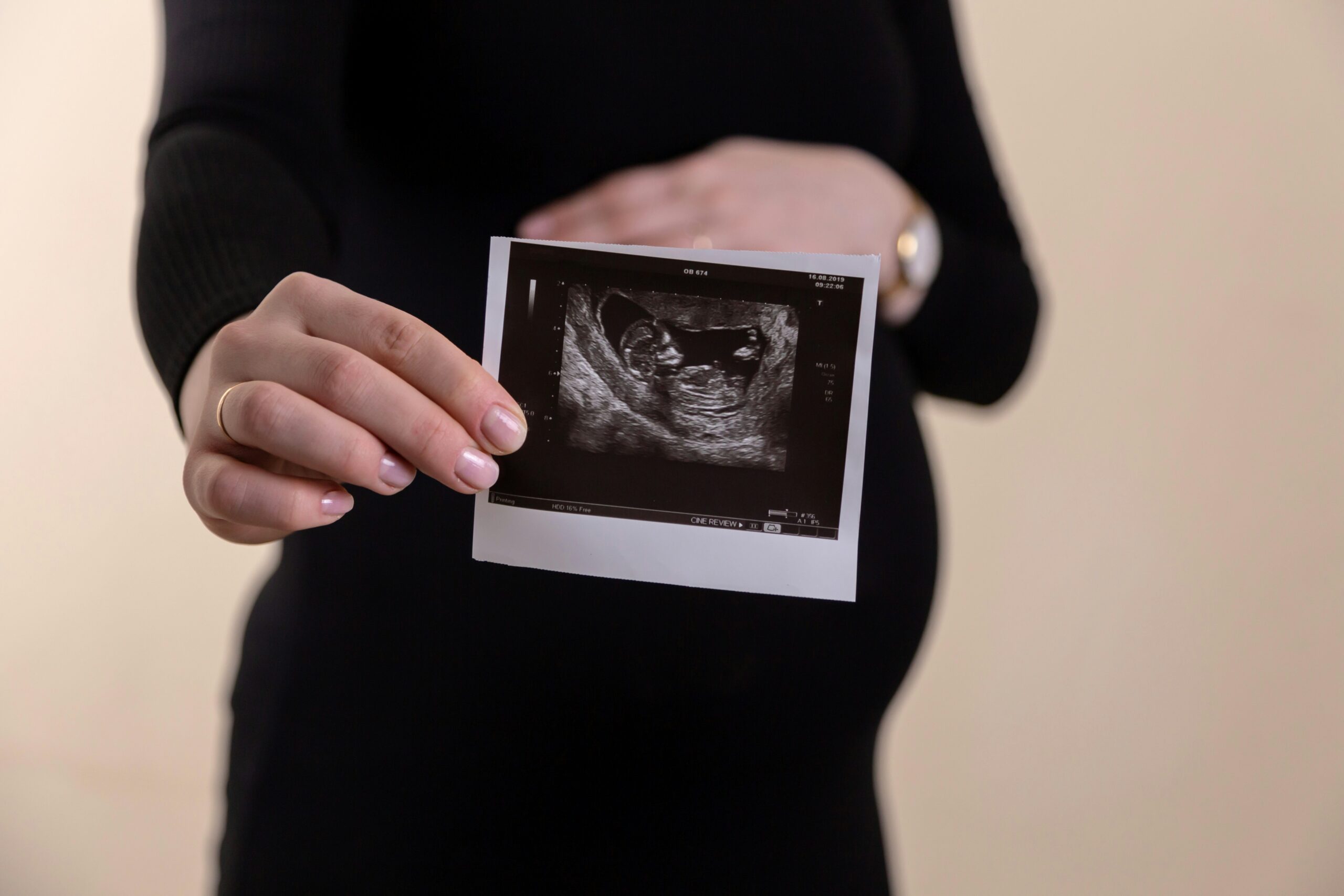The Science of Fetal Pain
April 14, 2025
What is Fetal Pain?
The capacity for a fetus to experience pain is a complex and debated topic, with scientific consensus recognizing new facts that impact medical decisions. Fetal pain has significant implications for fetal surgery, where pain management is crucial, and for abortion, where the possibility of fetal pain is a contentious issue.
Recent studies have revealed new facts that impact our understanding of fetal pain — the mere existence of pain, and at what gestational age a fetus experiences pain. These are important considerations as part of abortion.
Here are some facts regarding the most recent research and findings:
- Pain receptors begin forming around 7 weeks.
- Nerve synapses for spinal reflexes are in place by 10 weeks.
- As early as 8 weeks, we see a baby exhibit reflexive movements during invasive procedures.
- Nerves linking pain receptors to the thalamus and subcortical plate form between 12-20 weeks.
- The application of painful stimuli to an unborn child is associated with significant increases in stress hormones. Evidence indicates that a baby being subjected to painful stimuli is associated with possible long-term harmful neurodevelopmental effects.
- Neural mechanisms that inhibit pain do not begin to develop until 34-36 weeks so infants born prior to this show a “hyper-responsiveness” to pain.
- Studies published in 2021 and 2022 showed a fetus at 31 weeks gestation grimaced with pain when injected with anesthetic prior to a fetal surgery. Another 23 week gestation fetus grimaced after a needle prick for anesthetic prior to undergoing heart surgery in the womb.
- It is now standard of care to provide a fetus, starting at 15 weeks gestational age onward, adequate anesthesia to prevent fetal suffering.
Facts Specific to Abortion Procedures
Late term abortions typically involve a lethal injection into the fetal heart to ensure that a baby is not born alive. We know that surgical abortions done in the second and third trimester most commonly involve dismemberment through a procedure called a D&E (dilation & evacuation).
Fetal Distress Caution
Fetal distress, which can manifest as a lack of movement or irregular movements, can be a sign of a problem with the baby’s health. If you experience a decrease in your baby’s activity level, contact your healthcare provider immediately.
Considering the Impact
These facts may be startling and may generate more questions. If you would like to speak with our Nurse Manager to discuss this sensitive issue, please call us at 610.622.9957.
~~~~~~
Reference: Fact Sheet: A Timeline of the Development of Fetal Pain Sensation; February 24, 2025. https://lozierinstitute.org/fact-sheet-science-of-fetal-pain/
=========================
To schedule an appointment for a FREE ultrasound test, make an appointment with us or call 610.622.9957.
All of our services free and fully confidential.


